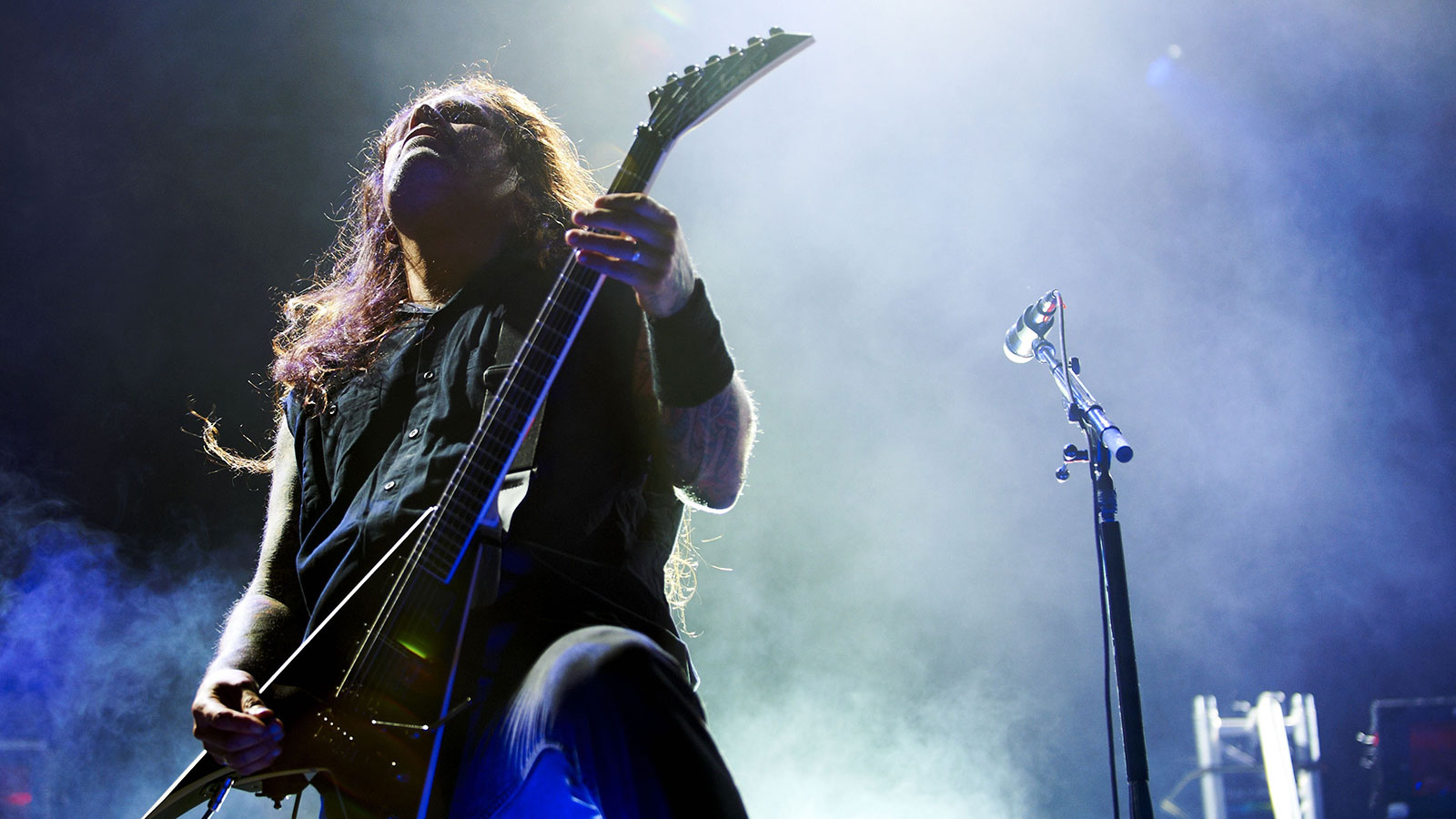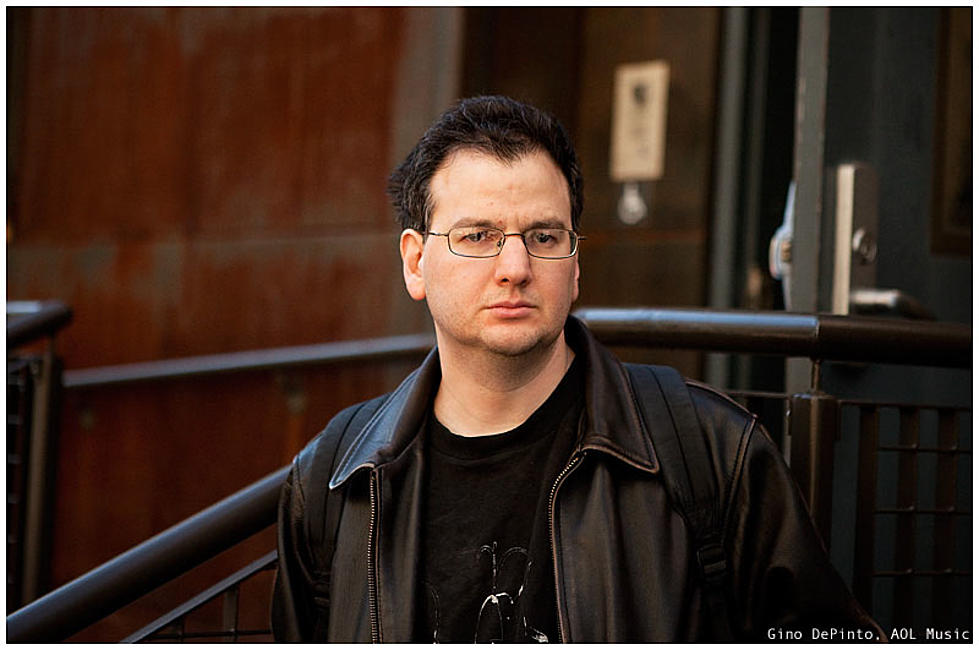Phil Demmel: “I wanted to do five really good songs that were like rapid punches to the face and then get out ”
On their blazing new EP, Let the World Burn, Phil Demmel and co. capture the aggression of the thrash stalwarts’ early work

When influential bay Area thrash band Vio-lence fell apart in 1993, co-founder Phil Demmel soldiered on for a few years with the ill-fated Torque.
Then, in 2003 he joined ex-Vio-lence guitarist Robb Flynn in Machine Head. In January 2018, toward the end of his tenure with Machine Head, Demmel took part in an all-star benefit show for Vio-lence vocalist Sean Killian, who was suffering from stage four liver cirrhosis and needed a transplant.
“He looked sickly, man,” Demmel says, recalling the day he saw Killian at his worst. “I didn’t know if I was ever gonna see him again.”
That’s why Demmel was so surprised when Killian called him in early 2019 to play a Vio-lence reunion show in Oakland.
“I thought, ‘There’s no way you’re talking about getting back onstage with the band. You’re way too sick,’” Demmel says. “But sure enough, that’s what he meant. It turned out he had the liver transplant and was doing great.”
The resurrection concert went so well that Vio-lence scheduled more dates and made plans to work on a new release. At first, Demmel tried to rework songs he wrote for the band in 2001 that never got released. But that wasn’t happening.
“They sounded like 2001 Vio-lence,” he says. “Back then, everyone was tuning way down and getting all caught up in this groove-metal thing. So I started fresh. I wanted to capture the aggressive sound of the first Vio-lence record, which I wrote when I was in high school.”
Get The Pick Newsletter
All the latest guitar news, interviews, lessons, reviews, deals and more, direct to your inbox!
I wanted to capture the aggressive sound of the first Vio-lence record, which I wrote when I was in high school
The resulting five-song EP, Let the World Burn, is a fiery amalgam of old- school Vio-lence thrash with more mature, cohesive arrangements. To cement the lineup, Vio-lence recruited ex-Fear Factory bassist Christian Olde Wolbers and guitarist Bobby Gustafson, who played with Overkill from 1982 to 1990, and whose tight, rapid downpicking and legato leads compliment Demmel’s rapid runs.
“Vio-lence opened for Overkill in 1989 and [our drummer] Perry [Strickland] stayed in touch with Bobby. So when we needed a guitarist, he recommended Bobby, who’s a monster player with awesome hands.”
Even though Let the World Burn is only 25 minutes long, it was created with as much determination and hostility as Vio-lence injected into their first two full albums. Despite having plenty of time to work during the coronavirus lockdown, Demmel only worked on the five songs for the EP.
“So many bands make these 70-minute-long records that are almost impossible to sit through,” he says. “I wanted to do five really good songs that were like rapid punches to the face and then get out and leave listeners wanting more.”
- Let The World Burn is out now via Metal Blade.
Jon is an author, journalist, and podcaster who recently wrote and hosted the first 12-episode season of the acclaimed Backstaged: The Devil in Metal, an exclusive from Diversion Podcasts/iHeart. He is also the primary author of the popular Louder Than Hell: The Definitive Oral History of Metal and the sole author of Raising Hell: Backstage Tales From the Lives of Metal Legends. In addition, he co-wrote I'm the Man: The Story of That Guy From Anthrax (with Scott Ian), Ministry: The Lost Gospels According to Al Jourgensen (with Al Jourgensen), and My Riot: Agnostic Front, Grit, Guts & Glory (with Roger Miret). Wiederhorn has worked on staff as an associate editor for Rolling Stone, Executive Editor of Guitar Magazine, and senior writer for MTV News. His work has also appeared in Spin, Entertainment Weekly, Yahoo.com, Revolver, Inked, Loudwire.com and other publications and websites.
“His songs are timeless, you can’t tell if they were written in the 1400s or now”: Michael Hurley, guitarist and singer/songwriter known as the ‘Godfather of freak folk,’ dies at 83
“The future is pretty bright”: Norman's Rare Guitars has unearthed another future blues great – and the 15-year-old guitar star has already jammed with Michael Lemmo










